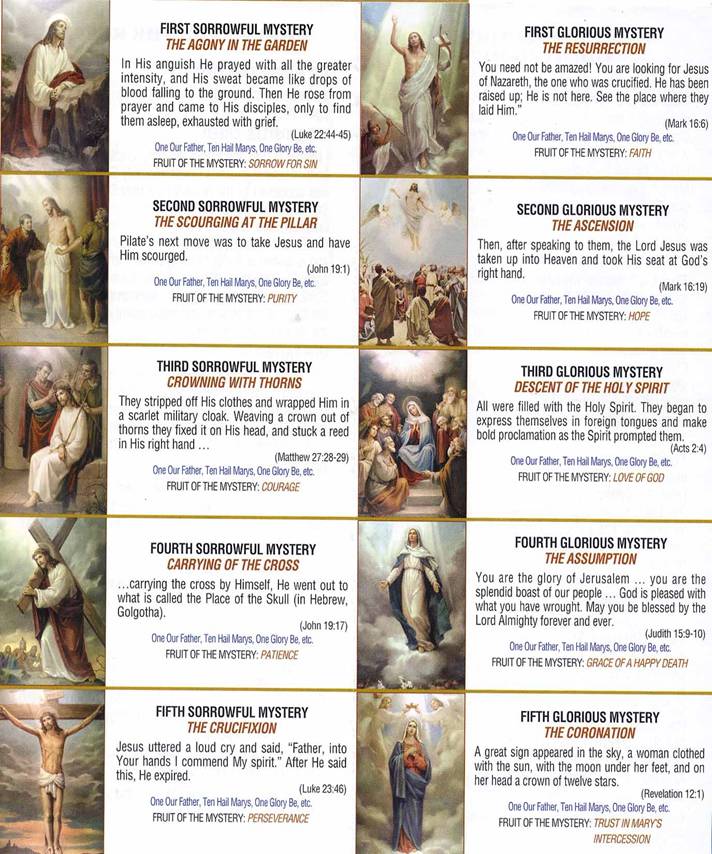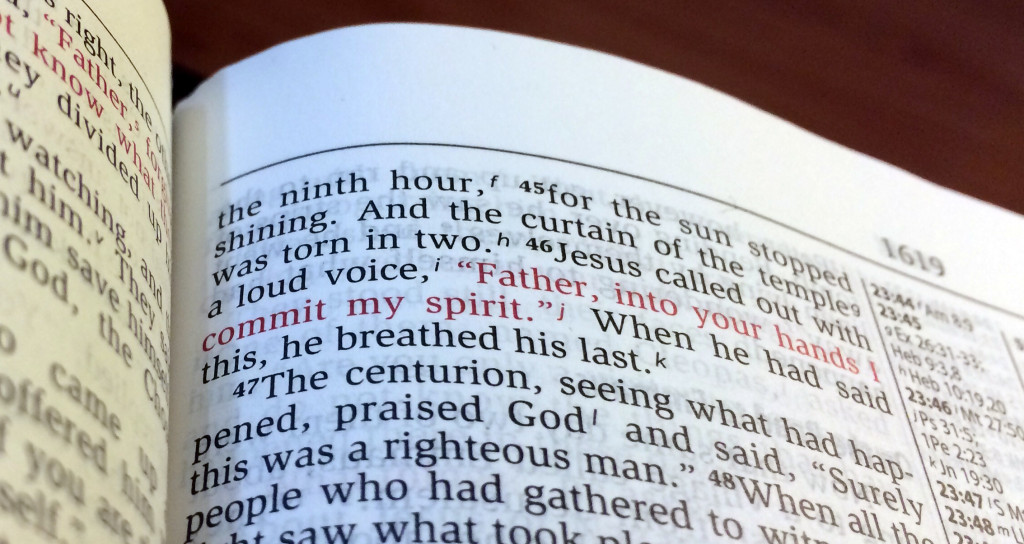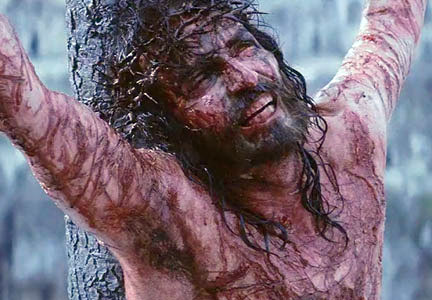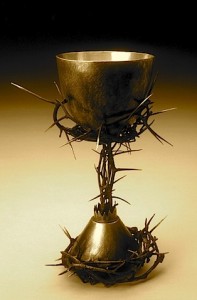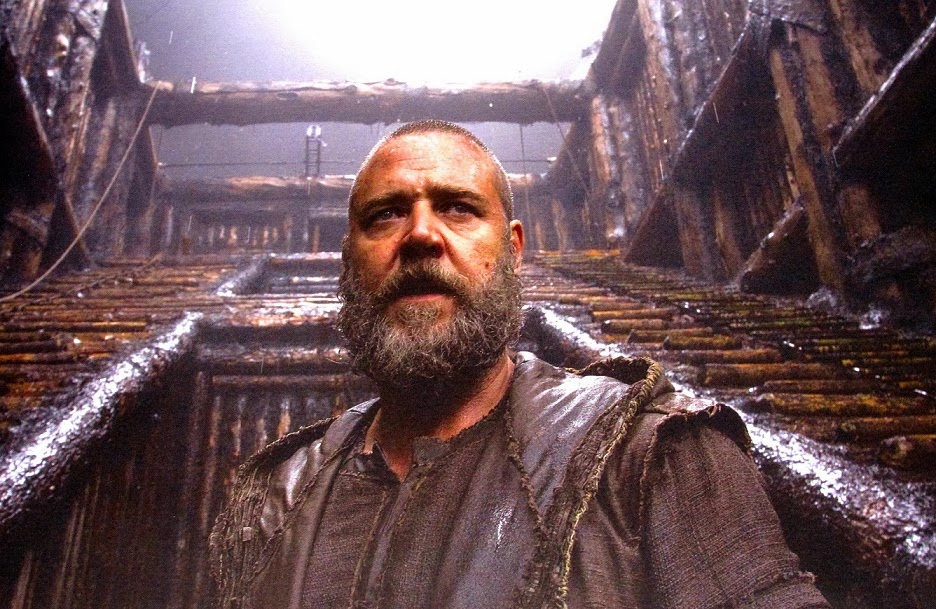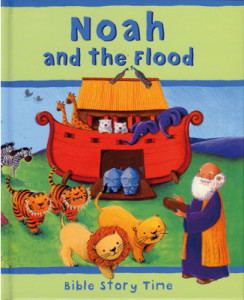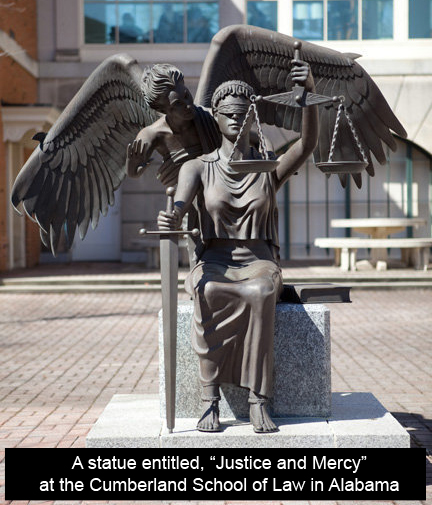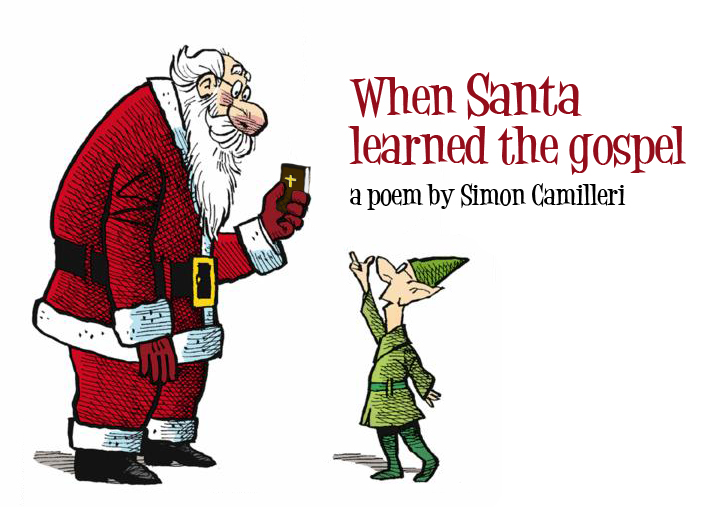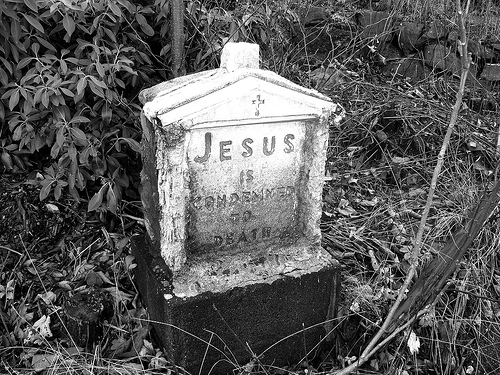How the Virgin Mary led me to Christ
Becoming a Christian was for me a bit like getting married. I can remember the a specific day, the specific moment that I put my trust in Christ and was reconciled to God. But, like any relationship, there is often a long relational process before a commitment is made. The process that takes us from being a stranger (or even enemy) of God to being a friend, is often a very interest journey of wooing and being wooed, of exploring and asking questions. Every Christian I have ever met has an interesting and unique story of how they came to know Jesus. God brings people into our life and circumstances along our path in order to lead us to understand and respond to the gospel. I definitely had that experience. One of the interesting things God used in my journey was… the Catholic Rosary.
I was brought up going to Catholic Mass every Sunday and was sent to both a Catholic Primary and Secondary School. I didn’t know much about the finer points of Catholic theology, but I did come through that time with an understanding that God existed, that he was all powerful and that he loved me. In regard to Jesus and the gospel, I knew some of the very basic elements of the story, but that was it. If you had asked me “Why did Jesus die?” I would have responded faithfully with the answer, “He died for my sins.” But I would have had absolutely no idea what that meant, why that was necessary or what impact that should make to my life.
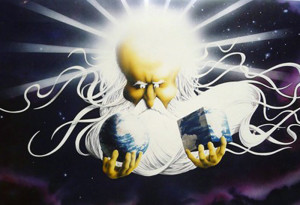 Around the age of 16, God began to prompt me and I started asking some of the big questions about the meaning of life. I started to wonder what the point of everything was and if God had anything to do with it. I had no problem believing that God existed, but it started to seem odd to me that, if he existed, why didn’t he feature more prominently in my life? Wasn’t God the biggest thing there was in the Universe? How could he just be a small character in my story – almost just an extra in the background? I concluded in the end, if God existed and there was a meaning to life, then those two things HAD to be inextricably linked. God had to be what it was all about, or else, God wasn’t really God.
Around the age of 16, God began to prompt me and I started asking some of the big questions about the meaning of life. I started to wonder what the point of everything was and if God had anything to do with it. I had no problem believing that God existed, but it started to seem odd to me that, if he existed, why didn’t he feature more prominently in my life? Wasn’t God the biggest thing there was in the Universe? How could he just be a small character in my story – almost just an extra in the background? I concluded in the end, if God existed and there was a meaning to life, then those two things HAD to be inextricably linked. God had to be what it was all about, or else, God wasn’t really God.
Now, I know, many people who are brought up in the Catholic Church take that last option and conclude that the God that they were taught about as a child was just a fairy tale like Santa that you should just grow out of. That was not my story. My own experience didn’t include God, but my worldview did. I thought then, as I still think now, that the world makes much more sense with God than without God. Some see this inconsistency with worldview and their personal experience as a sign that their worldview is faulty. For me, it was a sign that what needed to change was my personal experience.
So I began to explore more about God, asking questions, talking to people and generally being more interested in spiritual things. I could share all the things that God brought into my life during this time, but I want to share just one of the key moments that was quite a turning point for me.
At the Catholic High School I went to we did Religious Education (or RE as it was called). Now we didn’t always learn about Catholic teaching and practises, but during this season of spiritual 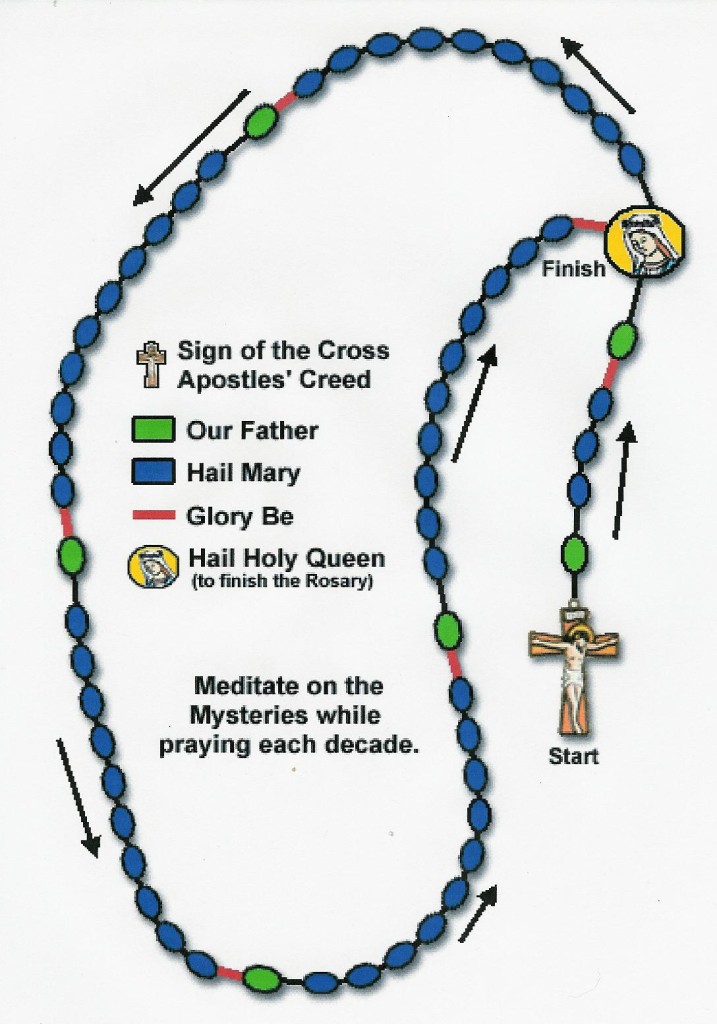 searching I remember one class where we were learning about the Catholic Rosary.
searching I remember one class where we were learning about the Catholic Rosary.
If you don’t know what the Rosary is, let me try to explain it to you. It’s a set of beads linked together in a necklace, that is used as an aid for prayer and meditating. There is nothing magical in the beads themselves, it’s just that each bead represents a prayer and so you feel along with your fingers one bead at a time and pray the appropriate prayer as you go. You travel around the circle of the necklace which is broken up into five sections. Each section has ten beads in it and is called a “decade”. There is also one single bead that separates each “decade”. Every time you come along to one of these single beads, you pray the “Our Father” (or “The Lord’s Prayer” as it is otherwise known). Then you move through the “decade” and for each one of those ten beads, you pray the “Hail Mary“.
Now, I’m not going to comment here about what I think about the Hail Mary prayer, or about devotions to Mary in general, even about the dangers about repetitively praying the Our Father (other than to say that I obviously have problems with them all). At the time, during this RE class back in High School, I was more intrigued by what you were expected to do during each decade. Apart from praying the Hail Mary 10 times, you are also meant to meditate and reflect on a particular religious story. These are called “Mysteries”. Every time you do a circuit of the Rosary, you think about five different Mysteries. In Catholic tradition there are four different types of Mysteries – the Joyful Mysteries, the Luminous Mysteries, the Sorrowful Mysteries and the Glorious Mysteries. You can see what they all are HERE.
So, to conclude (in case you’re losing track), to completely pray the Rosary, you will go around the necklace 4 times, each time reflecting on 5 different Mysteries, so that in the end you have thought about 20 different religious stories (and prayed the Hail Mary over 200 times!) Now, as a teenager just starting to look into the bible, I was interested in these “Mysteries”. I wanted to look up these stories and investigate them myself.
I remember I had a little pamphlet which included all the Mysteries next to a religious picture depicting the story. Underneath each one was the Bible reference where you could find the story recorded. It looked like the picture below…
I was going through them all and noticing how each bible passage clearly referred to the Mystery. This was, until I got to the last two “Glorious Mysteries”. You can see them above in the bottom right hand side of the picture and from the bible passage listed there, you might be able to see what I mean. These two stories are called The Assumption and The Coronation.
The Assumption is the idea that Mary didn’t actually die, but was assumed into heaven. This stems from the Catholic idea that Mary was sinless and so could not have died – as death is a punishment or consequence for our sinfulness. The Coronation is the idea that because Catholics see Mary as the Mother of God, after she was assumed into Heaven she was then crowned as Queen over all creation. This is how the Catholic Catechism puts it: “Finally the Immaculate Virgin, preserved free from all stain of original sin, when the course of her earthly life was finished, was taken up body and soul into heavenly glory, and exalted by the Lord as Queen over all things”.
Now, even as a teenager who didn’t know the bible from a bar of soap, that seemed to be a bit of a stretch to get to from the passages referred to in the Rosary pamphlet. Look at the passage that get used as a “proof text” for The Assumption. It says: “You are the glory of Jerusalem … You are the splendid boast of our people … God is pleased with what you have wrought. May you be blessed by the Lord Almighty forever and ever!” (Judith 15:9-10)
Now, not only is Judith an Old Testament book (and so is not a story about Mary), it is one that is disputed as to whether it is actually part of the Bible (Protestants refer to these books as “apocryphal“, meaning “obscure” or “non-canonical”). Also, look how many time the quote uses an Ellipsis (the three dots “…”). This refers to the quote being majorly edited.
 I noticed this and so looked up the passage in the book of Judith in my Catholic bible. The whole section reads: “The high priest Joakim and the elders of the Israelites, who dwelt in Jerusalem, came to see for themselves the good things that the Lord had done for Israel, and to meet and congratulate Judith. When they had visited her, all with one accord blessed her, saying: ‘You are the glory of Jerusalem, the surpassing joy of Israel; You are the splendid boast of our people. With your own hand you have done all this; You have done good to Israel, and God is pleased with what you have wrought. May you be blessed by the Lord Almighty forever and ever!’ And all the people answered, ‘Amen!'”
I noticed this and so looked up the passage in the book of Judith in my Catholic bible. The whole section reads: “The high priest Joakim and the elders of the Israelites, who dwelt in Jerusalem, came to see for themselves the good things that the Lord had done for Israel, and to meet and congratulate Judith. When they had visited her, all with one accord blessed her, saying: ‘You are the glory of Jerusalem, the surpassing joy of Israel; You are the splendid boast of our people. With your own hand you have done all this; You have done good to Israel, and God is pleased with what you have wrought. May you be blessed by the Lord Almighty forever and ever!’ And all the people answered, ‘Amen!'”
You can guess how amazed I was when I saw that the passage wasn’t about Mary, but about about a woman named Judith in the Old Testament! And even Judith wasn’t being assumed into heaven due to her sinlessness. She was being congratulated for her assistance in winning a battle. This was a very poor proof text to use, I thought.
The passage used for The Coronation story wasn’t much better, but at least it was from a non-disputed book from the New Testament. The verse was Revelation 12:1 which read “A great sign appeared in the sky, a woman clothed with the sun, with the moon under her feet, and on her head a crown of twelve stars.” Well, that at least sounded like it could fit a picture of a coronation with the whole “crown of twelve stars”. But as I read the passage and the verses around it, I realised it was a prophetic vision and that the woman being talked about wasn’t referring to a real woman like Mary, but, as the verse calls it, a “sign”. There was no crowning ceremony taking place, no bestowing of Queen-like authority over all creation.Â
I was very confused. Surely, I had missed something. Clearly, I just didn’t know my Bible well enough.
I went to my RE teacher and asked her about it. I said, “The verses given don’t really talk about Mary being assumed into heaven or crowned Queen of all things. If it’s not in the bible… where did the story come from?”
Without a hint of concern, my RE teachers casually said, “Oh, they’re things the Church developed later.”
I was floored. A little bubble of trust burst in my 16 year old brain.
“Developed later??” I thought to myself, “So, they’re not in the Bible? Why should I trust it then? Why did they even try to use a bible verse to back it up? What else do I believe isn’t in the Bible? What else have I been taught isn’t actually true?”
It was like a reversal of the epiphany that Martin Luther had about Romans 1:17 which was the catalyst for the Reformation. For Luther, he discovered something that was in the Bible which he hadn’t been believing. With me, I discovered that something I had been believing, wasn’t actually in the Bible.
And with that, my own journey of reformation began. It involved a lot of questions and hours of conversation and lots and lots of reading the bible.
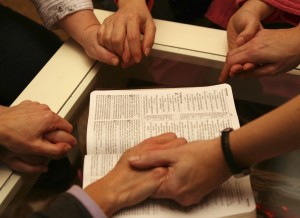 A few months later, this journey led me to a point where I turned to the Christian I was sitting next to at a Christian event and asked, “Ok… So what do IÂ have to believe in order to be born again?” This guy, who I didn’t really know that well, calmly and clearly took me through a few passages in the book of Romans (which I have since learned is something called “The Romans Road“).
A few months later, this journey led me to a point where I turned to the Christian I was sitting next to at a Christian event and asked, “Ok… So what do IÂ have to believe in order to be born again?” This guy, who I didn’t really know that well, calmly and clearly took me through a few passages in the book of Romans (which I have since learned is something called “The Romans Road“).
With each verse I nodded and said, “Yep, I believe that” and when he got to the end I said, “Is that it?” “That’s it.” he replied. And so, that very night, I sat around a kitchen table in Coburg with a small group of Christian friends and I thanked Jesus for dying for me and asked him to become the Lord of my life.
My life has never been the same since.
Now, nearly 20 years later, I reflect back on that RE class and my little “reformation” moment. During that whole journey, I never felt like I was rejecting the Catholic Church or the faith I was brought up in. In fact, quite the opposite. I was discovering the Jesus that I had always been taught about, I was learning what it meant for Jesus to “die for my sins” and I was beginning a real, personal relationship with the God I always knew existed.
And even though I do believe the Catholic Church has many things wrong with it, including some of its unbiblical ideas about Mary, the only reason why I questioned that Rosary pamphlet was because, even as a teenager, I had a deep conviction that the Bible was where the truth about God would be found. I thought, if it wasn’t in the Bible, then why should we believe it?
Now, where did that idea come from? Well, it came from the Catholic Church, of course. The Catholic Church instilled in me such a respect for the Bible as God’s Word, that in the end, it challenged me to read the Bible for myself and it led me to the gospel of Jesus.
And for that I will literally be eternally grateful…
(11285)

